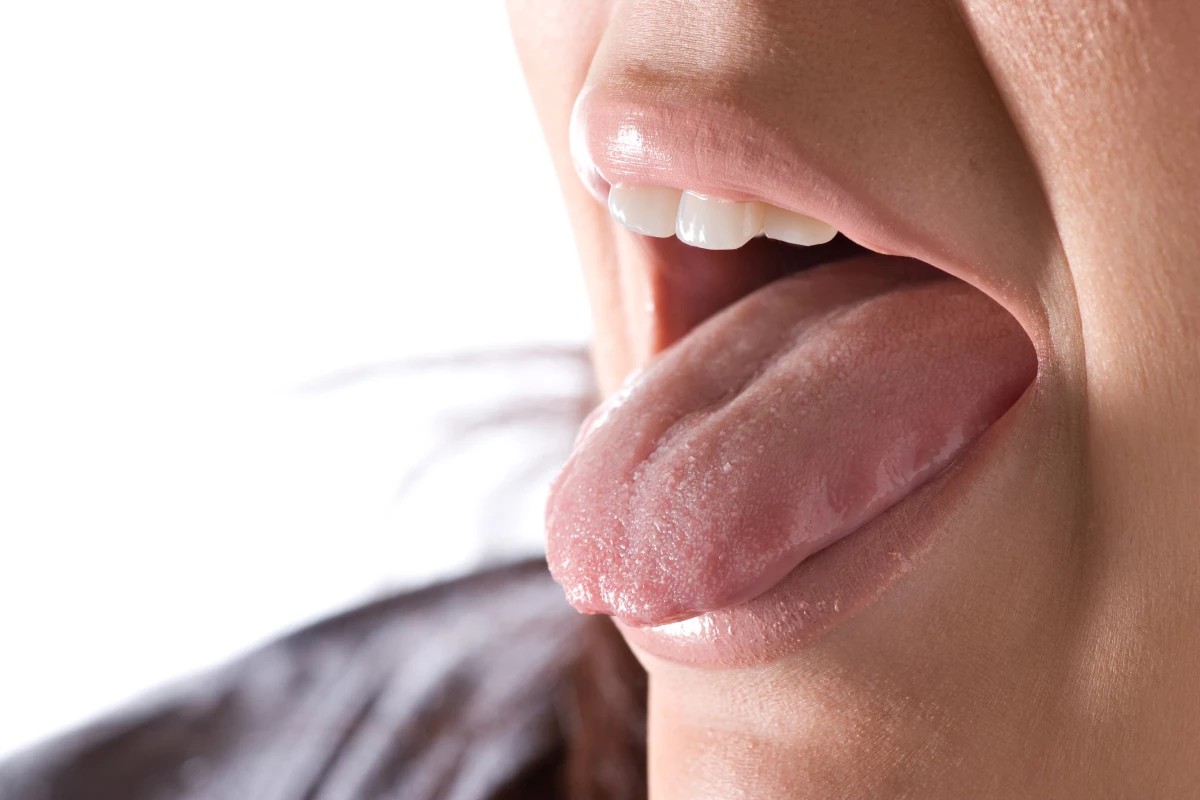Although we may all get a dry mouth from time to time, for some people it can be an ongoing debilitating condition. There could be new hope for such folks, however, thanks to a recent accidental discovery.
Along with being generally uncomfortable, chronic mouth dryness can also negatively affect a person's general health, the health of their teeth and gums, and their ability to taste, chew and swallow food. It can be caused by various medical conditions, treatment regimes and medications, or it may simply occur as part of the aging process.
Regardless of the cause, though, inflammation of the salivary glands is often a major contributing factor. Inflammation is also a problem in bacterial lung infections, which is why scientists at the University of South Alabama were recently looking at ways of reducing it. More specifically, they were using a drug known as roflumilast to inhibit the activity of inflammation-causing phosphodiesterase-4 (PDE4) enzymes in the infected lungs of mice.
Led by doctoral candidate Abigail Boyd, the researchers were surprised to discover that the medication caused increased salivation in the animals. Further analysis revealed that this was due to the inhibition of PDE4 in the salivary glands and in the autonomic nervous system, the latter of which regulates involuntary body processes.
Additional experiments showed that PDE4 inhibition also increased salivation in mice with cystic fibrosis, a disease in which inflammation not only affects patients' ability to breath, but also frequently gives them a dry mouth. The team now hopes to conduct trials on humans.
"Saliva, while often taken for granted, is indispensable for oral health and overall well-being," says Boyd. "New ways to treat dry mouth are needed since treatment options are currently limited."
The research is being presented this week, as part of the online annual meeting of the American Society for Pharmacology and Experimental Therapeutics.
Source: Experimental Biology via EurekAlert




